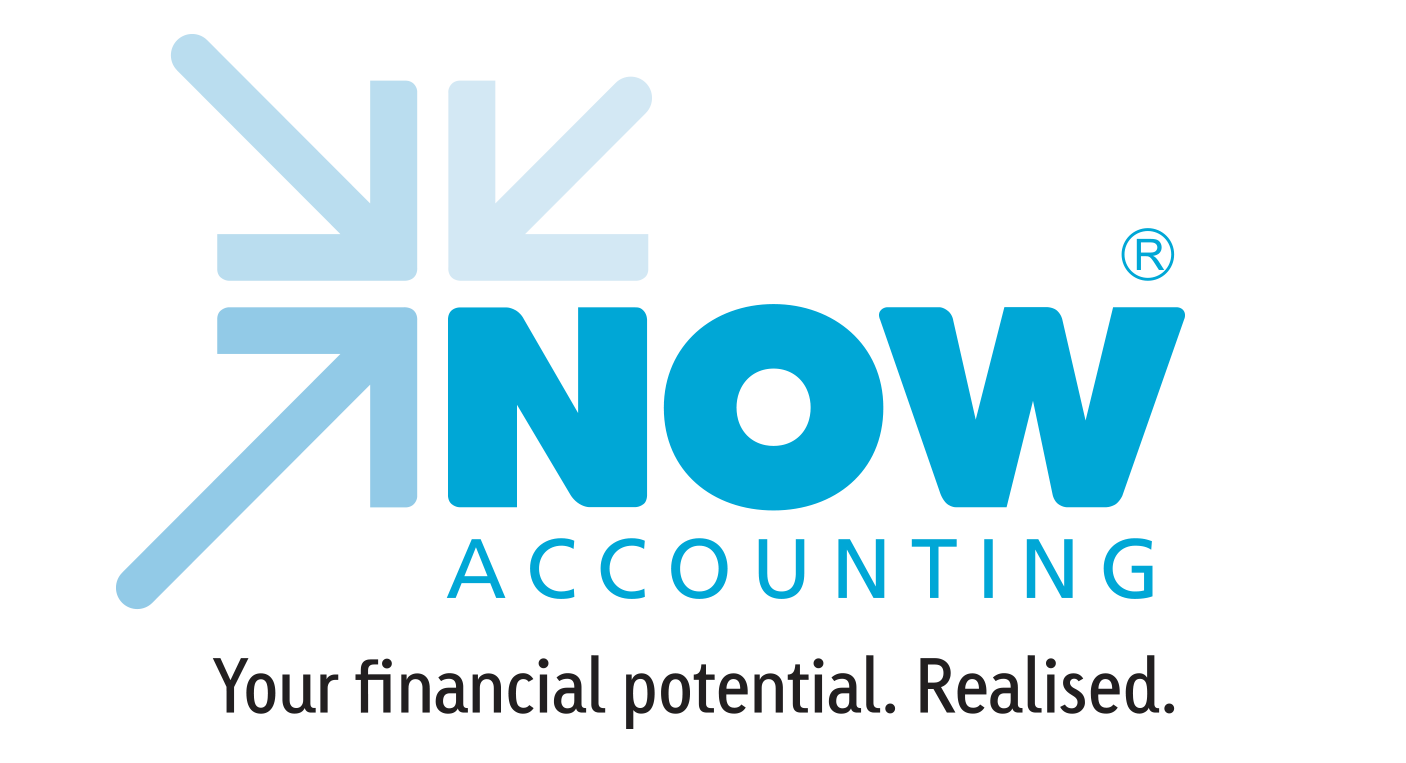Buying a business is a major decision. As accountants, we see the good the bad and the ugly. When looking at potential acquisition, here are some important questions to consider.
Am I buying a business or a job?
To be frank, some people are just happy to buy a job. When evaluating a business, it is important to work out the profitability of the business in the event that you paid someone else to run every aspect of the business for you. If the profit in this scenario is zero, you are buying a job. You should compare this profit to the capital investment required, and estimate a return on investment.
If buying a franchise, is it a turn-key system or a trade name franchise?
There is a big difference between a trade name franchise and a turn-key system. We have seen many clients purchase franchises to find that the franchisor does not have a tried and tested complete system for doing business. If you will have to develop all of the internal systems for the business and you are paying a franchise fee, exactly what are you paying for? Perhaps you are simply buying the right to sell their products. Always look for a turn-key system. Don’t pay for a turn-key system and end up with a trade name franchise.
What attracts the clients?
Many business owners find it very difficult to extract themselves from the business, and franchisees can be no different. The best business investments are businesses where the customer is happy to deal with low cost employees following a proven system delivering a consistent product. If clients are mainly doing business because of your technical skills, charisma, or as a result of your personal relationship with them, how will you later extract yourself from the business? At McDonalds, customers don’t care who makes the burger – as long as it’s consistent. A child care business without a consistent staff team will be likely to fail to retain clients. No one wants to leave their kids with a stranger.
What to make of projections?
They say that there are lies, big lies and then statistics… but then there are projections which are even worse! You must always view projections with a professional scepticism. Always engage a professional to review projections, before signing anything! We have seen countless examples of franchisees being misled by projections, and also projections that clearly show that a business is not profitable. For example, we recently looked at projections for a major franchise group that failed to spread the acquisition cost over the duration of the business. The acquisition cost significantly reduced the profit figure – almost to zero, when expensed over 5 years – the term of the lease.
Are the wages figures provided realistic?
We have seen projections for retail outlets with wages figures that are not realistic. By simply dividing the wages budget by the number of staff hours required (trading hours times number of staff) you will quickly see if the budget for wages is realistic. If the rate given is below the market rate, you will either make less profit or end up working unpaid hours in the business. Most people go into business with a dream of working fewer hours. Few realise this dream.
Will you be able to resell the business?
A business should be able to be sold at any time in line with the owners requirements. Many franchisees’ make the mistake of assuming they will be able to sell the business for more than what they paid. A big trap can be retail leases. If you buy a retail franchise with a lease, and want to sell it when the lease has expired, it may be worthless. Remember your landlord has no obligation to retain you as a tenant once the lease is up. They can, and often do, lease your shop to someone else – perhaps their friend or relative. We have seen this happen to clients. How much is the retail franchise worth without a lease? Zero.
Do I understand the business?
While many people use the purchase of a business as an opportunity to change industries, you will be completely dependant on the franchisors system if you venture into an industry you do not understand. It is easy to get swept away when signing leases and loaning the business money, only to learn hard lessons about how competitive an industry is. Look for a tried and tested system, in a business you understand.
What is my asset protection strategy?
Once you have started the business, it’s generally too late to put effective asset protection strategies in place. Are you providing personal guarantees? Do you have sufficient insurance? How will you distribute income to minimise tax? See a good accountant before you sign anything!
How much working capital do I need?
Having enough money to pay a franchisee fee or organise a fit out is insufficient. You should not start a business with out access to enough money to pay three months expenses – in the event the business is not immediately cash flow positive.
Who should handle my accounts?
Well, hopefully that question has already been answered – Now Accounting!

